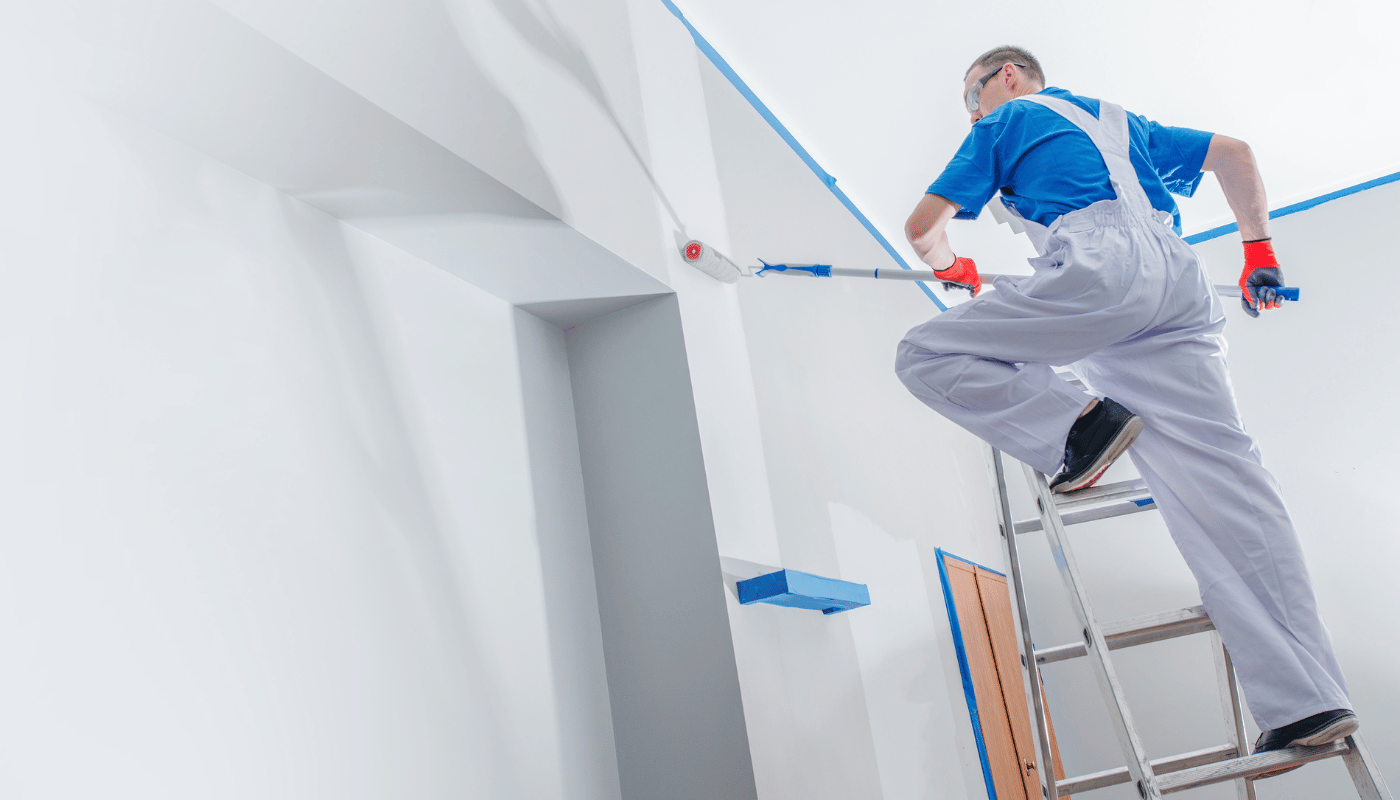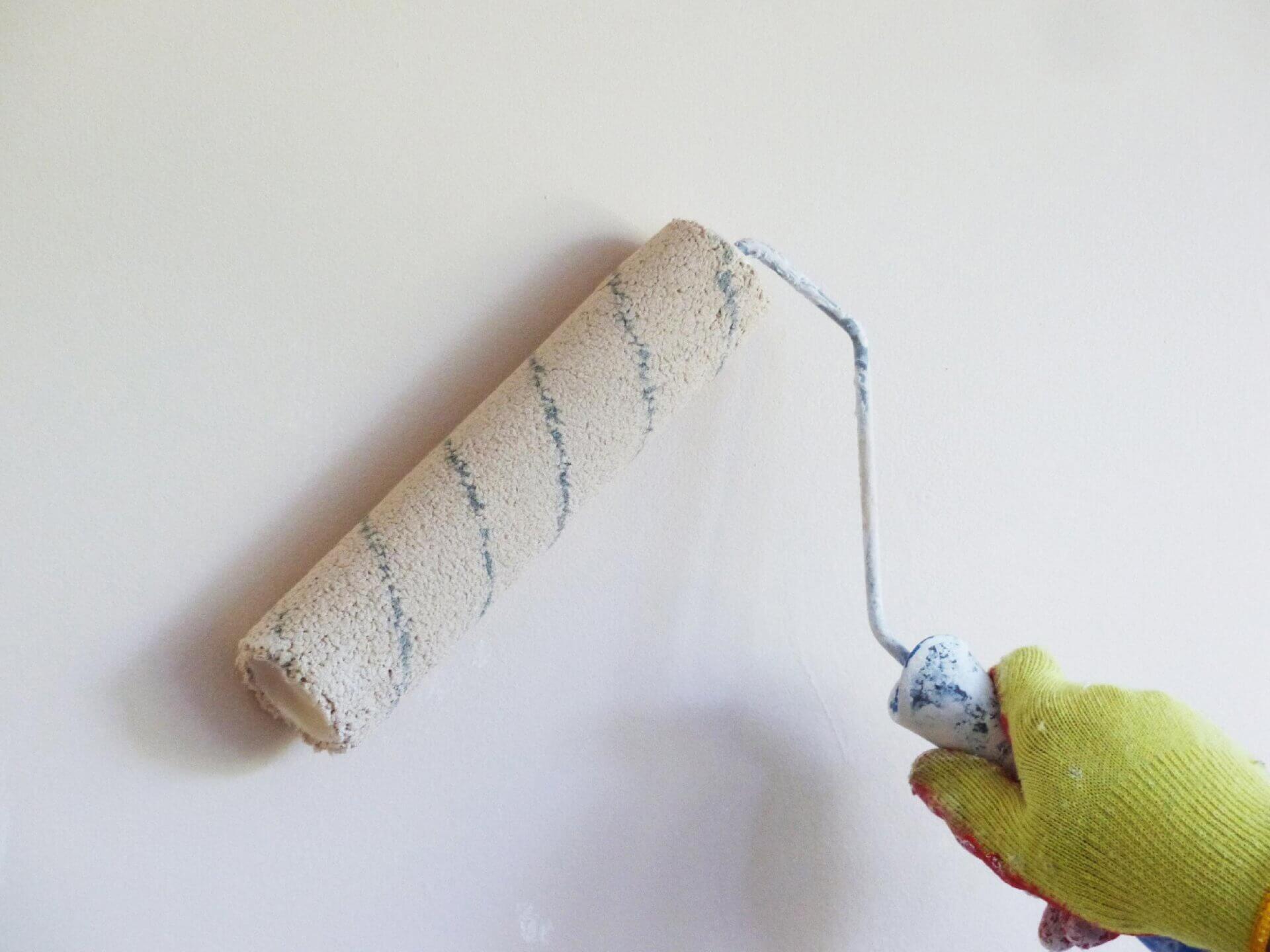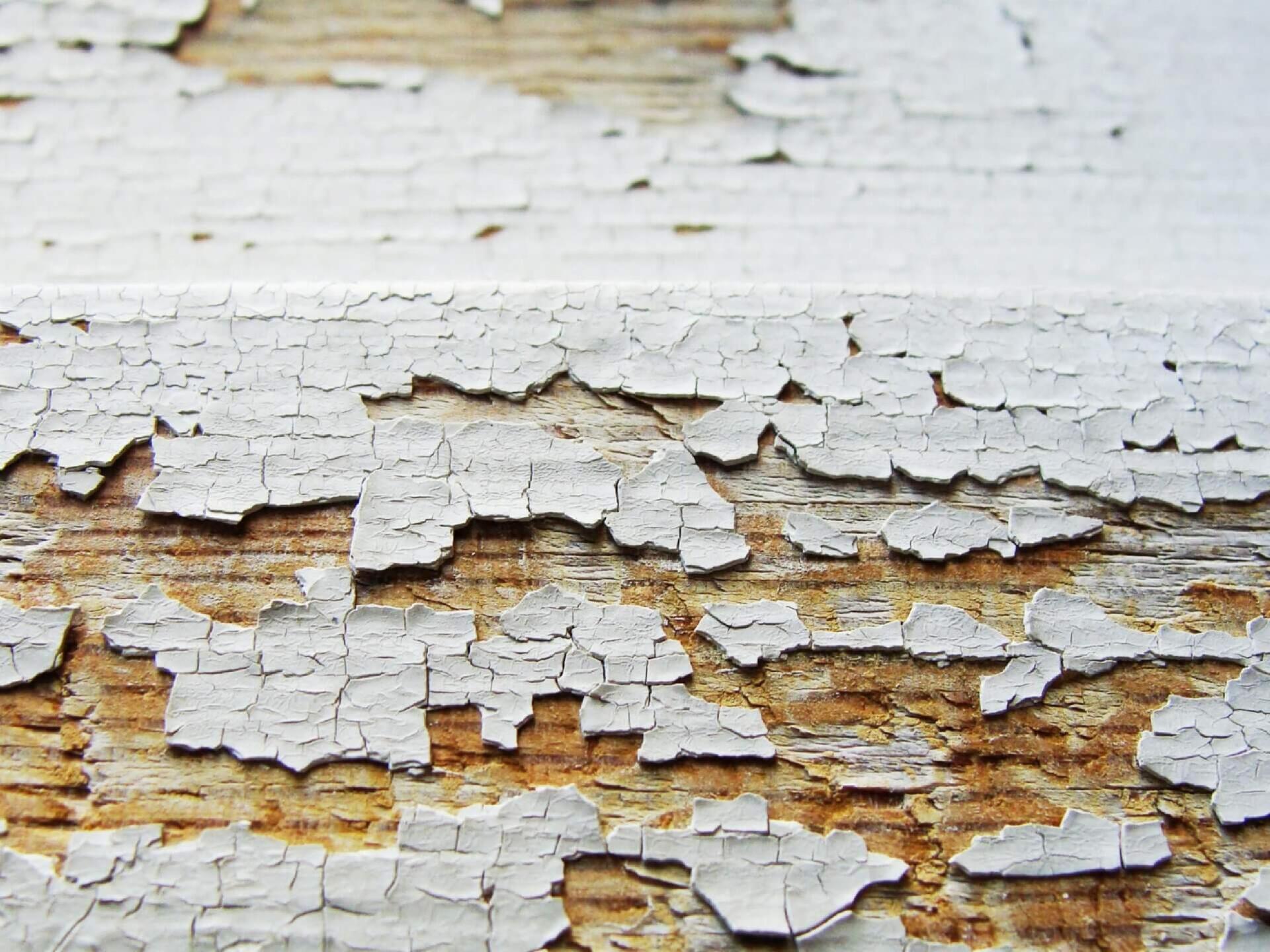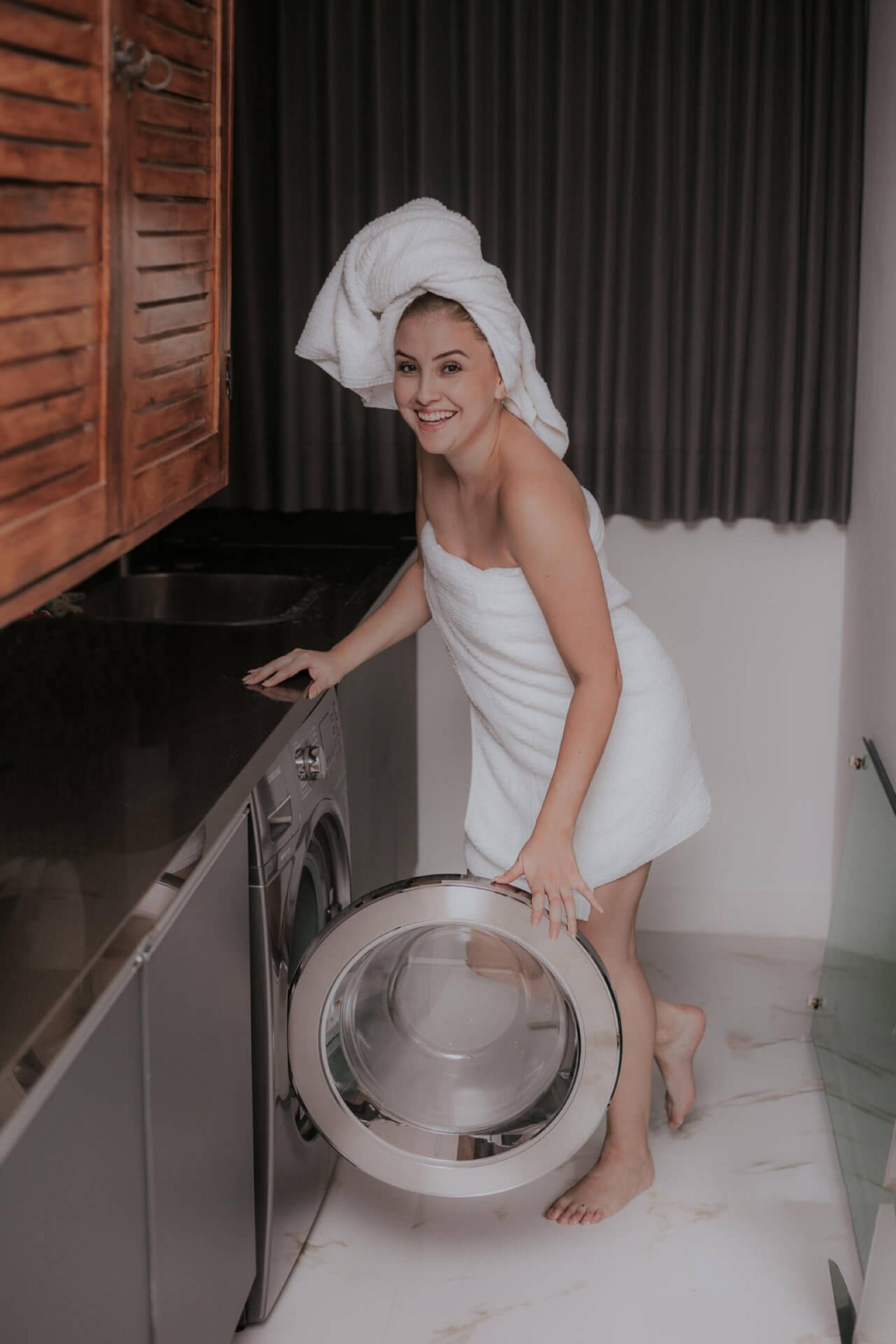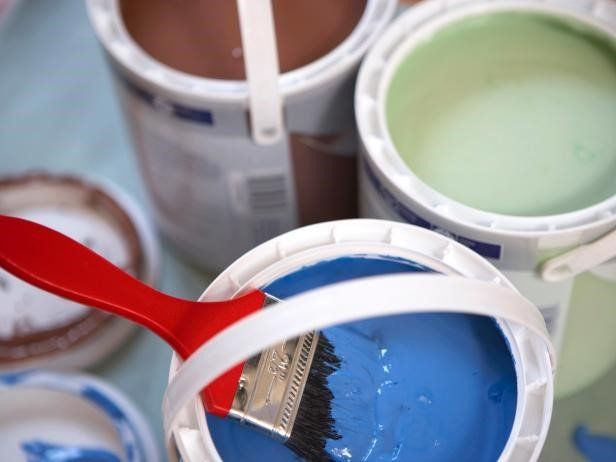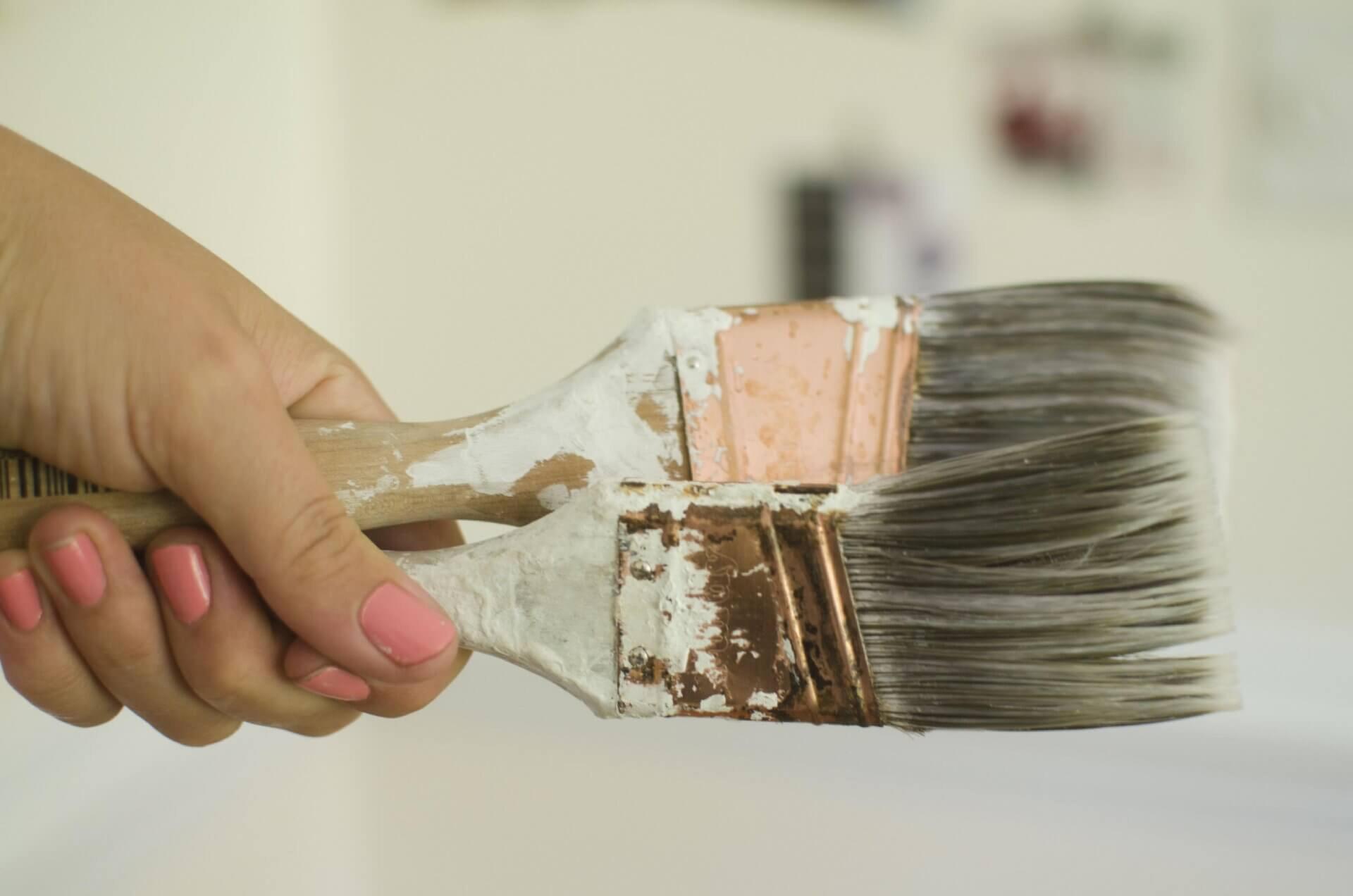What's the difference between DIY and professionals?
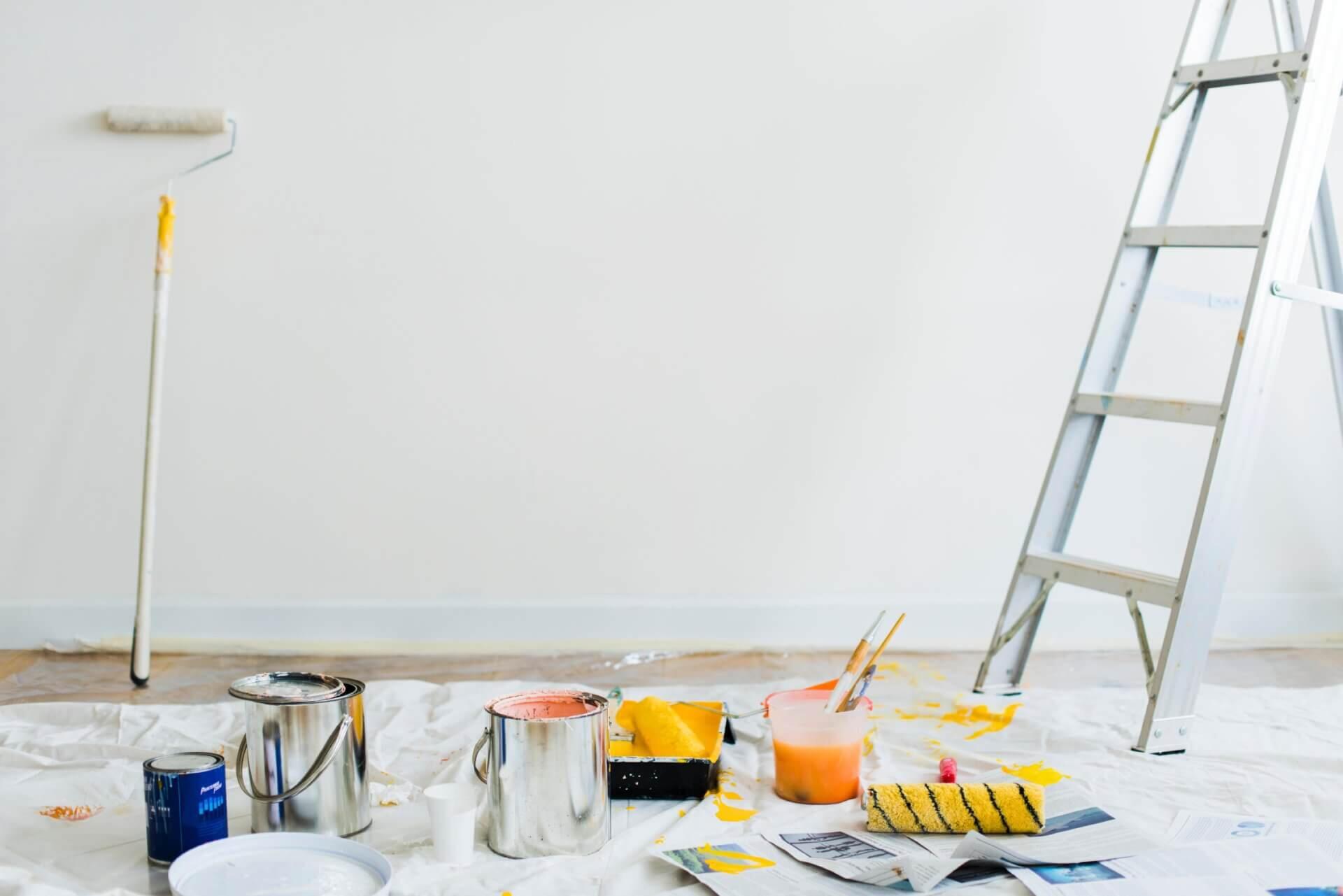
If you ask the professionals at Painting Newcastle, they will tell you the biggest difference between DIY and professional projects is lack of proper preparation.
DIY home painters want to jump straight into their project, because they’re excited to see the new colour on their walls — it’s a normal emotional reaction.
But it’s important to understand that professional painters spend most of their time on preparation.
Before you do anything else make sure you’ve properly cleaned walls , scraped off peels and cracks, applied painter’s tape carefully, and allowed any filler compound to dry before you start.
For the smoothest finish always start near the ceiling and work your way down. This will help can catch drips as you work.
“You can have the best paint in the world but if you go cheap on your brushes and rollers the result will generally be poor.” the pros will tell you. Good brushes and roller covers will give you better coverage and save paint in the long run — plus if you take care of them, good quality brushes will last for years.
They are definitely worth the extra cost.
Professionals, like the ones at Painters Newcastle, spend the money for high-quality tape, and you should, too. Use a putty knife or mini scraper, not your finger, to remove air bubbles and seal the edges to prevent drips and ensure sharp lines.
Primer covers imperfections in the surface and gives you a smooth, long-lasting finish. It’s ok to use ‘paint and primer in one’ mixes if the surface was previously painted, is in good shape, and has a flat (non-glossy) finish. However, if you’re painting over a more difficult surface like plaster, wood, concrete, glossy paint, or stained/porous drywall, use a separate primer or top quality ‘all-in-one’ mix specifically designed to cover unpainted surfaces.
Washable satins or semi-glosses are the best choice for places like closets and laundry rooms.
You could also use a durable premium matte finish if you prefer that look.
New paint needs some texture to adhere to, so make sure to lightly roughen any shiny surfaces with sandpaper.
Then rinse the surface with clean water.
Put it only a third of the way in — you’ll get enough paint on your brush without wasting or pushing the paint deep into the bristles, which is difficult to clean.
You can paint over wallpaper, but make sure you use oil-based primer first. Water-based paints and primers can reactivate the wallpaper glue and cause unsightly peeling.
The job is finished and you’re tired, so you put the brushes in the garage and decide to deal with them later — bad idea!
Protect your investment by washing your brushes thoroughly in water using dish-washing detergent.
Then wrap them in airtight plastic wrap or aluminium foil then store them in their original packaging so they hold their shape.
Remember, if you don't want to do any of this yourself, contact us at Painting Newcastle for all your House Painting and Commercial Painting needs.
We have the best
painters in Newcastle.

